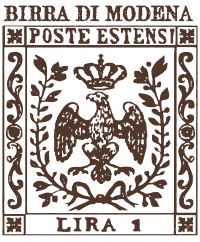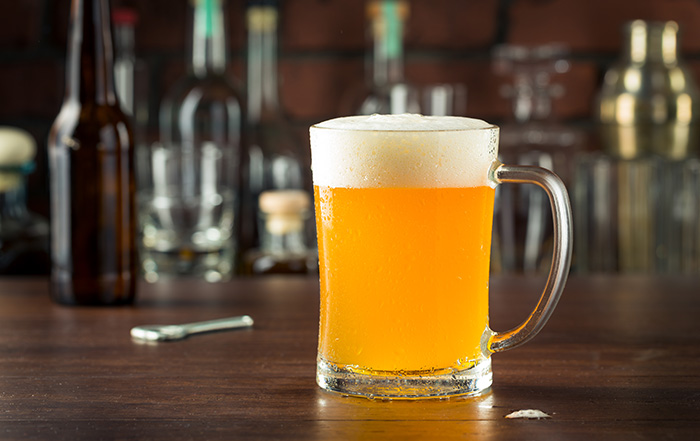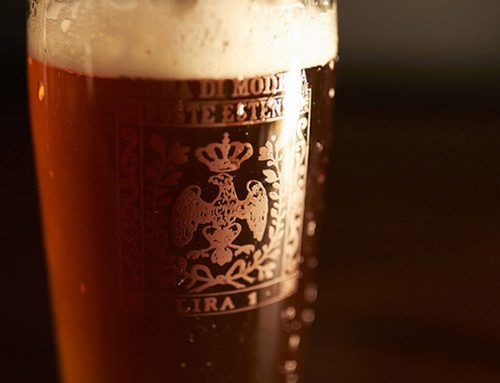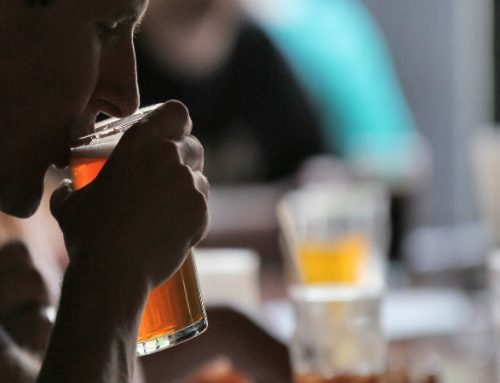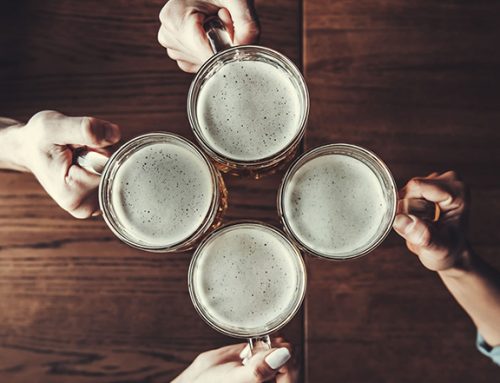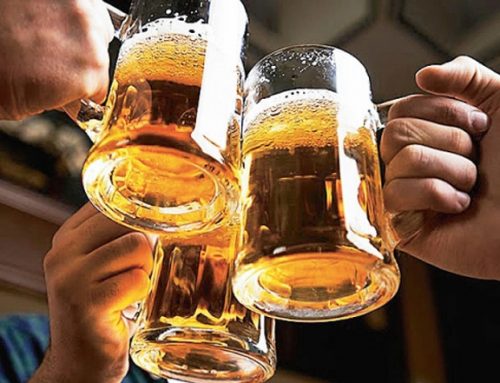There are various meanings, and they create confusion.
Everything goes back to the year 1842 and the first production of a new type of beer in the Bohemian city of Pilsen (at the time in the Austro-Hungarian Empire, today in the Czech Republic) by the Bavarian brewer Josef Groll. He used local malt and hops, both of high quality, together with a particular kind of yeast (smuggled in by Groll according to the legend) and produced a lager with Bavarian techniques. But different from almost all the beers of the period (except for some English ones), the beer was pale-yellow and clear. It had great success and revolutionized the production of beer. In Bohemia the majority of beers became lagers (bottom fermented) rather than ales (top fermented). Also in Germany, where lagers were already dominant but dark and cloudy, the new beer spread rapidly, and then worldwide.
Various terms derive from this history. The term Pilsen beer technique refers to the historical fact of its origin even though for the next thirty or forty years it was commonly called the Bavarian beer technique in reference to Groll and his successors in Pilsen, all of them Bavarian. Beer of the Pilsen type or style efers to beers similar to the original even produced elsewhere. It is associated with the taste of hops, but not necessarily strongly so. The German version does indeed have a marked hoppy characteristic. Now it is called Pils because in the 19th Century the Bohemians succeeded in legally blocking the use of the term Pilsener in Germany, where today it is the dominant type of lager. It is rather bitter and so differs from the sweet lagers of Bavaria, in particular the Helles of Munich. More generically in many countries—for example, in Italy Pilsen or Pilsener indicates any blond lager, therefore about 80% of the world’s production of beer.
Birra di Modena is a beer of the same Bohemian family as that of Pilsen. It is not bitter, it is sweet.
(In a subsequent article-FAQ we will recount a little about Josef Groll rather a slob and an individual of great impoliteness, who for the creation of his Pilsen beer had, it seems, an essential assist from an Italian brewer.)
